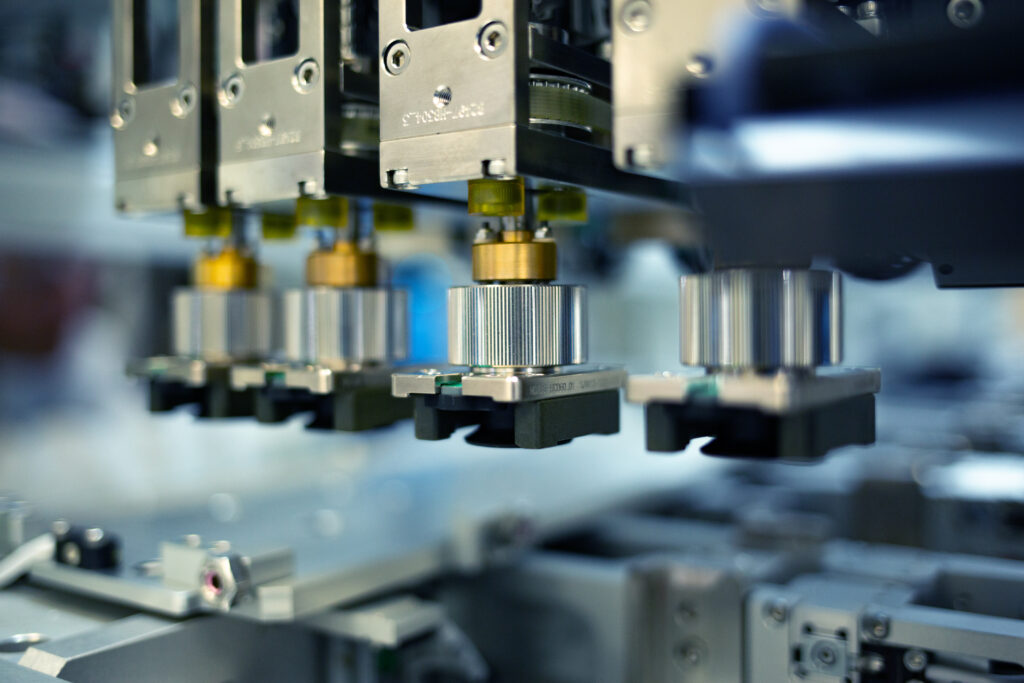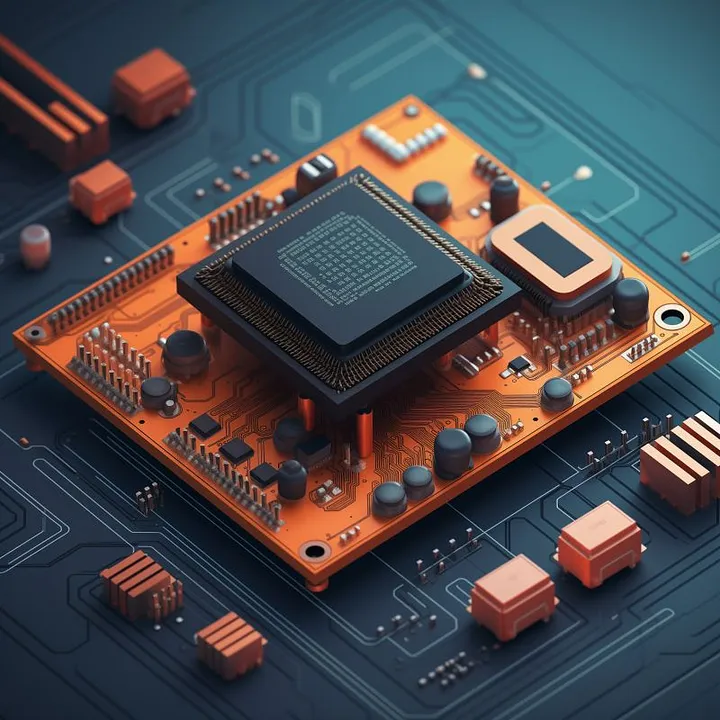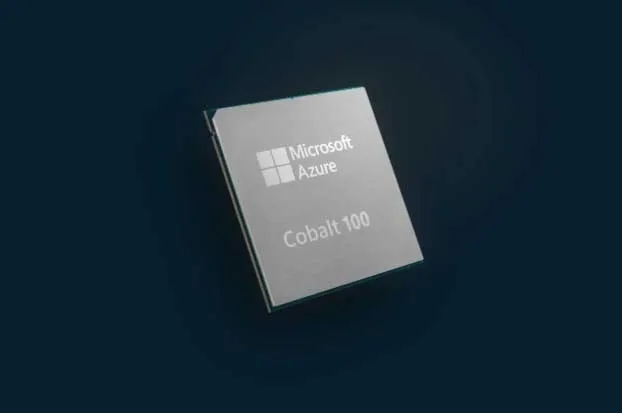Although Intel failed with two previous rather lackluster initiatives, it would be a huge mistake to underestimate the company’s determination to become a major player in the in the global semiconductor manufacturing market with its launch of Intel Foundry.
Since Pat Gelsinger became CEO just over three years ago, Intel has become a lot more willing to take the necessary steps to achieve this goal not just in terms of providing the right technology but also in developing a more customer-centric culture. As he has made very clear in recent speeches and media interviews, manufacturing chips developed by external customers for server, PC, smartphone, automotive, and other system applications requires a much more flexible and collaborative approach than building your own internally developed x86 processors. Not surprisingly, it has taken some time to nurture that.
At Intel Foundry Direct Connect, the company’s inaugural foundry event held on February 21 in San Jose, California, Gelsinger and other senior executives demonstrated the excellent progress that Intel has made in ramping up the capabilities of its foundry business. Not only is the company’s ambitious five-nodes-in-four-years (5N4Y) process roadmap firmly on track, but it is set to regain process leadership with Intel 18A technology by 2025.
Intel’s advanced packaging technology, which enables the assembly and interconnection of multiple smaller chiplets into more sophisticated System-On-Chip (SOC) configurations, is also anticipated to provide a significant competitive edge. This is particularly relevant given the constrained capacity of TSMC’s CoWoS packaging for high-end AI server chips from Nvidia and AMD.
The unexpected announcement by Microsoft CEO Satya Nadella that Microsoft has selected a chip design to be produced on the Intel 18A process provides further validation of the company’s progress. Deals with other customers representing around $15 billion in lifetime value plus a manufacturing agreement with ARM provide additional evidence of growing momentum in the marketplace.
With a strong foundation in place, Intel Foundry is well positioned for future growth. While it still has a lot of work to do to attract the top-tier customers that currently only use TSMC, the company is moving in the right direction towards strengthening its presence in the semiconductor manufacturing space.
Gadgets, gizmos, software and devices. I love all technology.



